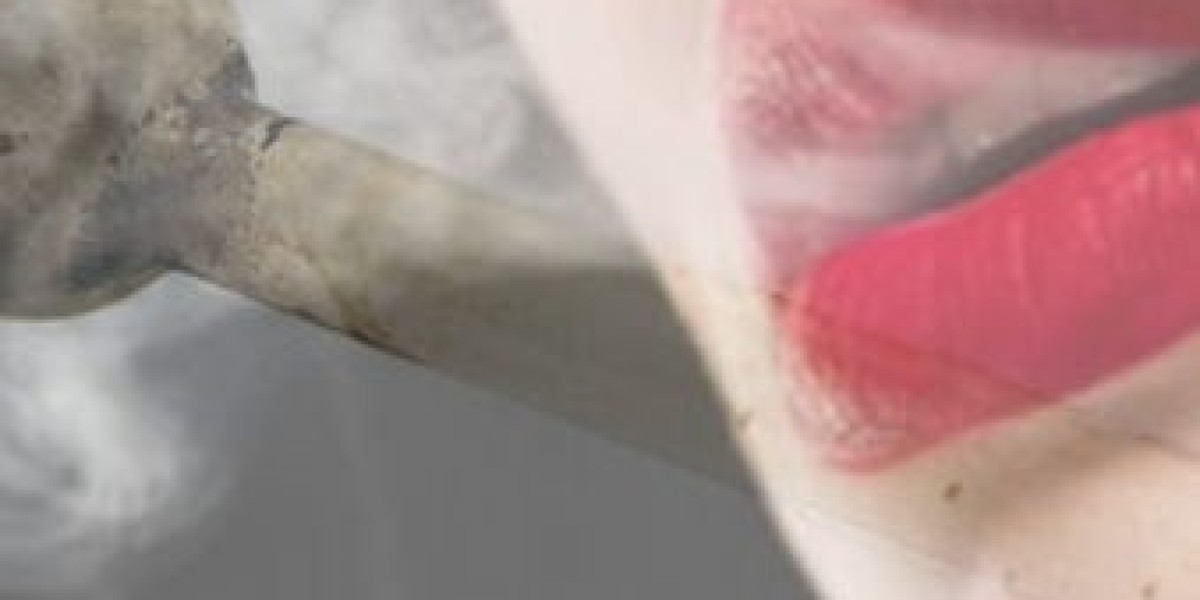What Is Ibogaine?
Ibogaine is a psychoactive compound with deep roots in spiritual and cultural practices. It’s not your average detox treatment. Unlike conventional therapies that rely on medications to manage withdrawal symptoms, Ibogaine offers a more holistic route. It interacts with various neurotransmitter systems in the brain, and that’s what makes researchers curious. Although it's not approved for medical use in many countries, including the U.S., it's available in other regions through specialized clinics.
How Ibogaine Detox May Work?
The process of Ibogaine detox is a bit different from what most people expect. It's not something you take every day like a prescription. Instead, it's typically administered in a controlled setting during a single, intense session. Users often describe vivid introspective experiences during the treatment, which some believe can help individuals explore emotional trauma and behavioral patterns tied to addiction.
From a scientific angle, Ibogaine may reset chemical imbalances in the brain caused by long-term alcohol use. It may affect dopamine and serotonin pathways — the same ones targeted by many antidepressants and anti-anxiety meds. This reset might help reduce cravings and withdrawal symptoms, which are two of the biggest roadblocks in alcohol recovery.
Ibogaine for Alcohol Detox: What Makes It Stand Out?
So, why are some people turning to Ibogaine for alcohol detox instead of traditional rehab programs?
First off, there’s the potential for rapid physical relief. While most detox programs stretch over several days or even weeks, Ibogaine treatment may ease withdrawal symptoms in a much shorter time frame. Some people report feeling less anxious and more emotionally stable just a few hours after the session.
Second, the psychological impact of the experience can be powerful. Many who’ve undergone Ibogaine therapy say the intense mental journey helped them face painful memories or unresolved issues. While this isn’t a magic cure, it may open the door for deeper healing down the line.
Of course, this treatment isn’t for everyone. Ibogaine can cause serious side effects, especially for those with heart conditions or certain medical issues. That’s why it’s crucial to undergo screening and only consider treatment at licensed, professional centers where safety protocols are in place.
Legal and Safety Considerations
Ibogaine isn't legally available everywhere, and its use remains controversial in many places. In countries where it's permitted, the treatment is often carried out in private clinics under medical supervision. Still, because it's not regulated in most regions, there's a big gap in safety standards. That makes doing your homework absolutely essential.
Anyone curious about using Ibogaine for alcohol detox should consult with healthcare professionals and consider all available options. It’s also smart to explore follow-up care, therapy, and support groups, as one session — no matter how profound — is rarely enough for long-term recovery.
Final Thoughts
Ibogaine detox may not be a household name just yet, but it’s definitely gaining traction among those looking for alternative recovery paths. While more studies are needed to fully understand how it works, early experiences suggest it might offer a unique mix of physical and emotional benefits. That said, it’s not a decision to take lightly. Like any treatment, it carries risks and should be approached with caution and care.
For people who’ve tried everything and still feel stuck, exploring Ibogaine for alcohol detox might just spark a new beginning. It’s not a one-size-fits-all solution, but for some, it could be a much-needed lifeline in the journey toward healing.









